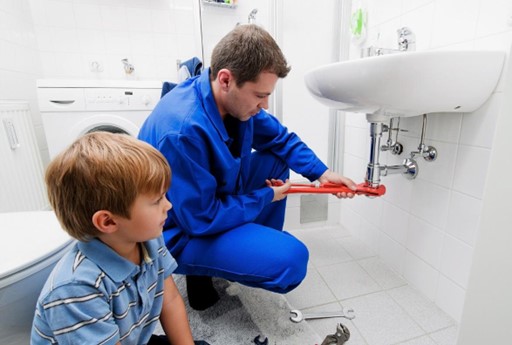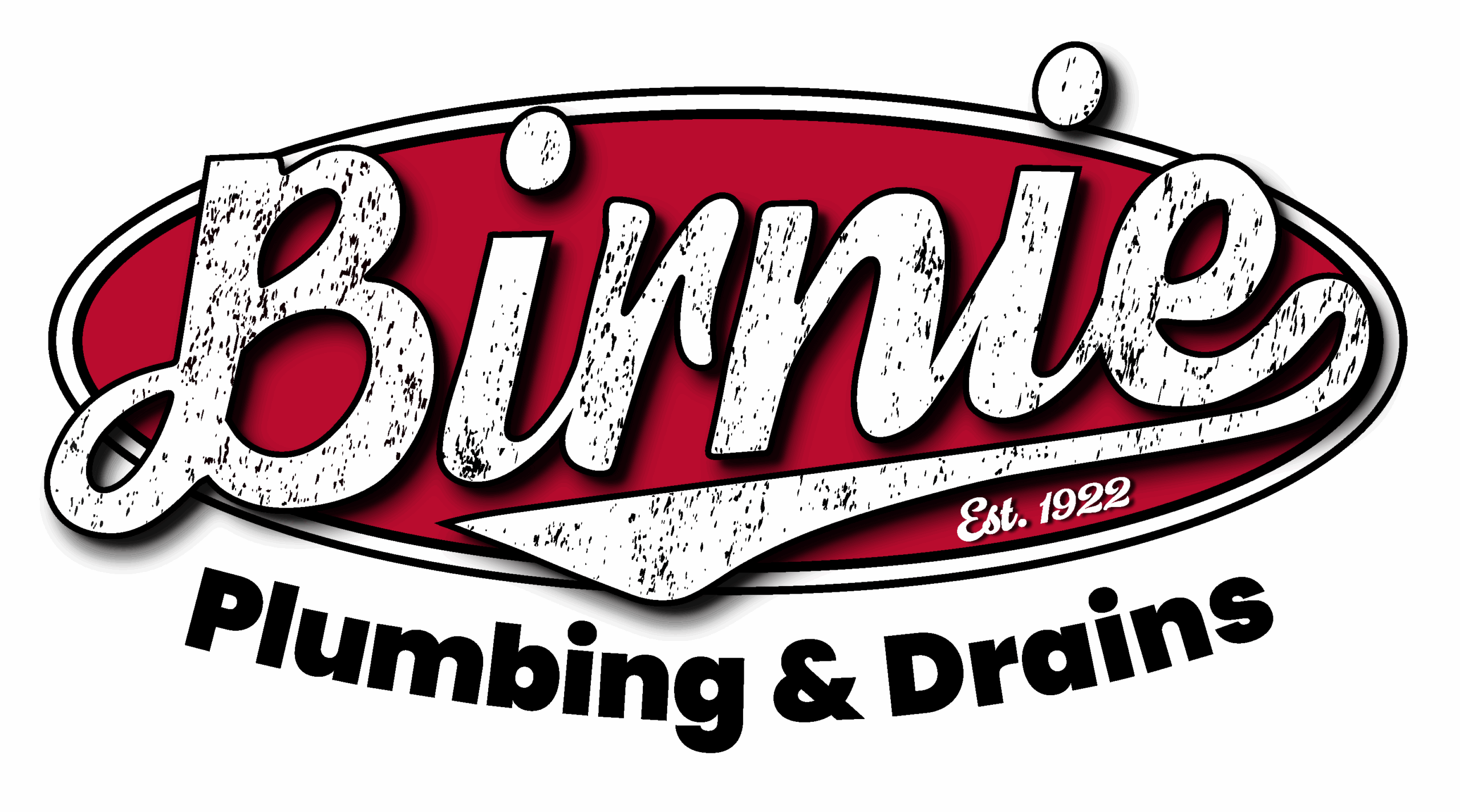The Dangers of DIY Drain Repair

Everyone can repair plenty of minor plumbing issues by themselves, but when you’re doing that, there’s always a risk of exacerbating the damage. Although it doesn’t happen often, there are a few dangers of DIY drain repair that can end up creating more problems than you initially had, which is why it’s sometimes best to call for professional help.
Worsening the Clog
The most common type of drain repair is unclogging a drain; however, in some cases, you can make the clog even worse. This is especially common with snaking a drain, so please read these words carefully; not every clog requires snaking! Some clogs can be unclogged with unclogging liquid (often used for sinks as it degrades the clogged food) and a plunger (usually used with toilets). A drain snake is not needed for simple drain repair, and if you don’t know what you’re doing, you might push the clogging material even deeper into the drain line, making our jobs even more difficult.
When there’s a particularly difficult clog we can’t seem to get a hold of, we’ll often use a camera to see what’s happening in the pipes. This isn’t only a case with clogging but also with cracked or otherwise broken pipes.
Damaging the Pipes
Some clogs are so bad that you can’t unclog them on your own, and in an attempt to do that, you might damage your pipes. Cracking a pipe open is the worst-case scenario, as we have to either patch it up or replace the entire pipe. People usually damage their pipes with drain snakes because they don’t know how to use them, but there are also cases of improvised drain snakes, such as wire hangers, which can puncture pipes. We wouldn’t suggest using drain snakes unless you know what you’re doing.
This isn’t the only way you can damage your pipes. Hydrochloric acid, a common ingredient in drain cleaners (not to mention that some forums suggest you pour pure hydrochloric acid in your pipes), makes your pipes prone to corrosion. Ironically, using hydrochloric acid to unclog your pipes, while perhaps effective in the short-term, can be harmful in the long term because you’re destroying the many bacteria in your pipes, which would typically decompose leftover organic matter and prevent clogging!
Water Damage
Plumbers always ensure the water supply is switched off before beginning any repair work, a crucial step often forgotten by DIY enthusiasts. Although some individuals may be skilled enough to replace their home pipes, overlooking the shut-off valve can result in household floods that subsequently damage floors and walls, leading to unexpected expenses.
Wasting More Money
In an attempt to take care of it on your own and not waste money on a plumber, you may damage some parts of your plumbing system and end up with an even bigger bill than you’d initially have to pay. This is a trap we often fall into in all aspects of life, but in plumbing, it’s pretty easy to tell when something is too big for you to handle on your own and when’s the time to call a plumber. For example, if you have a clogged sink, we’d recommend working on it with a plunger for a while, only calling a plumber if that didn’t help. We wouldn’t recommend using a drain snake (once again, unless you know what you’re doing) because you can easily damage your piping. If you think you have roots in your sewer pipes, please don’t try unearthing them yourself – we have a less invasive and undoubtedly more effective method of repairing that.
You understand the point – people often try fixing a lot of things around the house by themselves to save money, which is commendable, but that only pays off if you really know what you’re doing.
Health Hazards Are Rare but Real
Although health hazards in plumbing are rare, they do exist. We sometimes work with hazardous chemicals that nobody should breathe or touch without gloves. When people get their hands on these compounds without proper training, they can not only damage their plumbing system but also hurt themselves. Because of this, we encourage people to avoid using chemicals when trying to fix something on their own.
If you need help unclogging or fixing a drain, don’t hesitate to call us; we’ll help you out as soon as possible and ensure no further damage to your plumbing!

